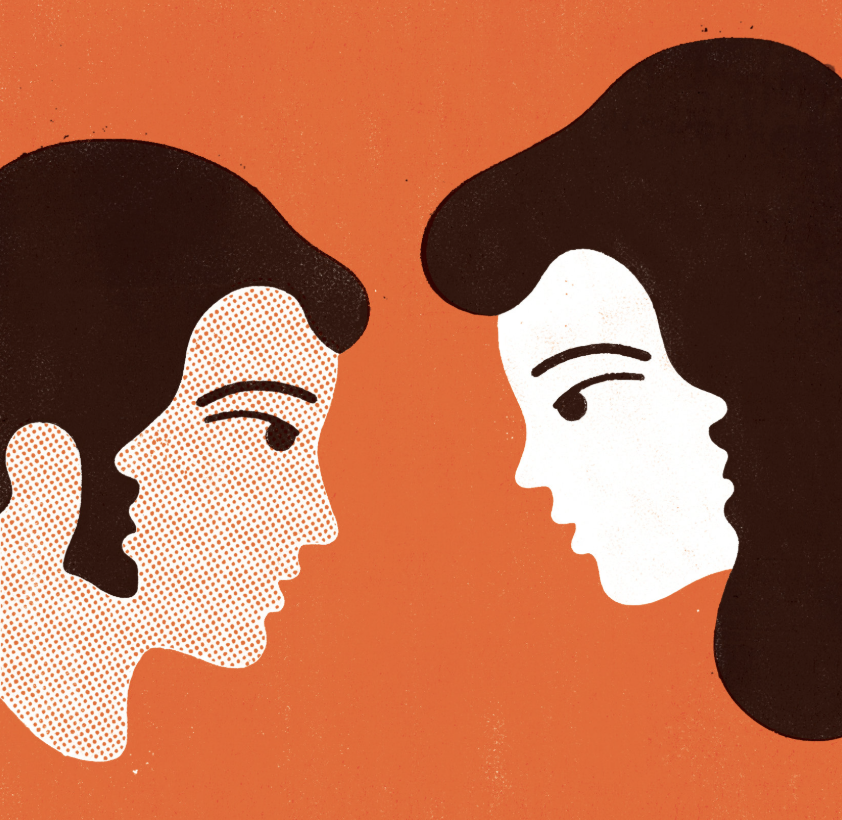Why talking to strangers is good for you, them and all of us (Advanced)
Original source: ideas.ted.com | Published: Aug 18, 2022 | Written by: Julie Lythcott-Haimshttps://ideas.ted.com/why-talking-to-strangers-is-good-for-you-them-and-all-of-us/Vocabulary
consequential (adjective): following as a result or effect
encounter (verb): unexpectedly experience or be faced with something difficult or hostile
neurodivergence (adjective): having or related to a type of brain that is often considered different from what is usual; for example that of someone who has autism
norm (noun): something that is usual, typical, or standard
pry (verb): inquire too closely into a person's private affairs
Article
In childhood, we’re told: “Don’t talk to strangers.” But this is short-sighted advice because after we finish high school and move out into the world, everyone we encounter is a stranger. And we’re a social species, which means we need each other.
So instead of avoiding strangers, we need to get good at interacting with them, both to get help when we need it and to be of use to them. Research shows that when you look right through someone as if they aren’t there, they feel a small sting.
The reverse is also true. When you give someone eye contact and a smile, it demonstrates “You exist, fellow human, I see you,” and it makes them feel good. And you feel good too when they do it back to you. I appreciate that not everyone can make eye contact or smile for reasons including cultural norms, social anxiety or neurodivergence. But if you can, do.
What about the humans you interact with regularly yet don’t really know, like the baristas at your coffee shop, the clerks at your grocery store, and so on? Researchers call these folks “consequential strangers,” because having them in your life is of consequence to you. Part of you might think it’s a bit weird to thank them, but keep in mind that they came to work today, and their work makes your life easier, right?
Finally, at work, listen for the small things people reveal about their lives.
Whether it’s something good or bad, they’re sharing it for a reason, so I want you to remember it. Within the next couple of days, you don’t have to pry but show them you noticed. Say, “Did you say you’re an uncle now? Congratulations!”; “Sounds like that trip you took was amazing”; “I’m so sorry to hear your family member has been really sick.” If someone went out of their way to do something thoughtful, drop a quick note to say “I saw what you did and it was really kind of you.”
You have the power to make your community stronger through exchanges like this. It’s good for you, it’s good for them, and it’s good for all of us.
Discussion
1) What are your general thoughts on this topic?
2) In your country, is it common to speak with strangers?
3) Do you think all human interactions are valuable?
4) Have many strangers spoken to you in a public space?
5) Do you think the importance of human interactions will change in the future?
Extra Resources
Match the words to their meanings
